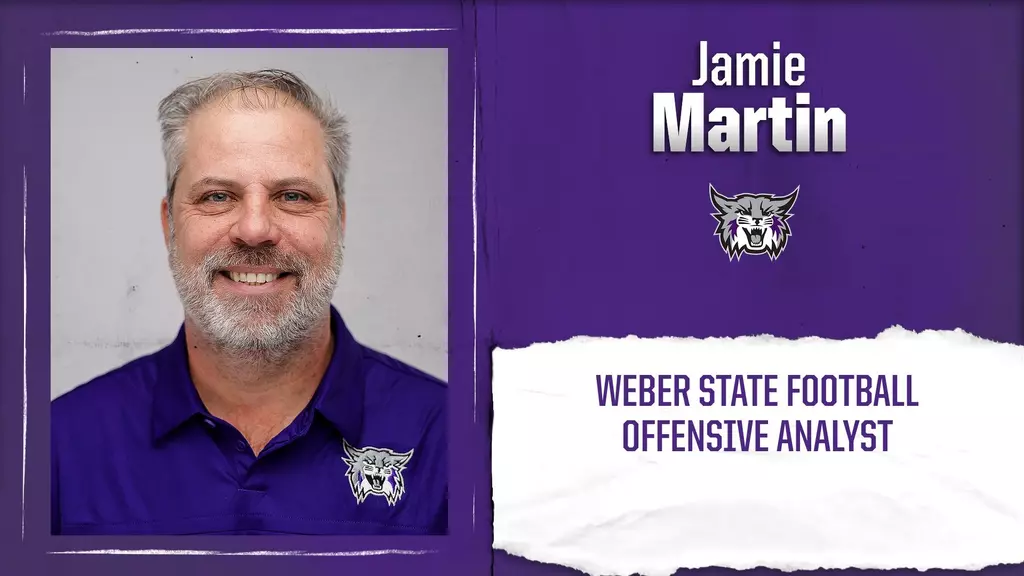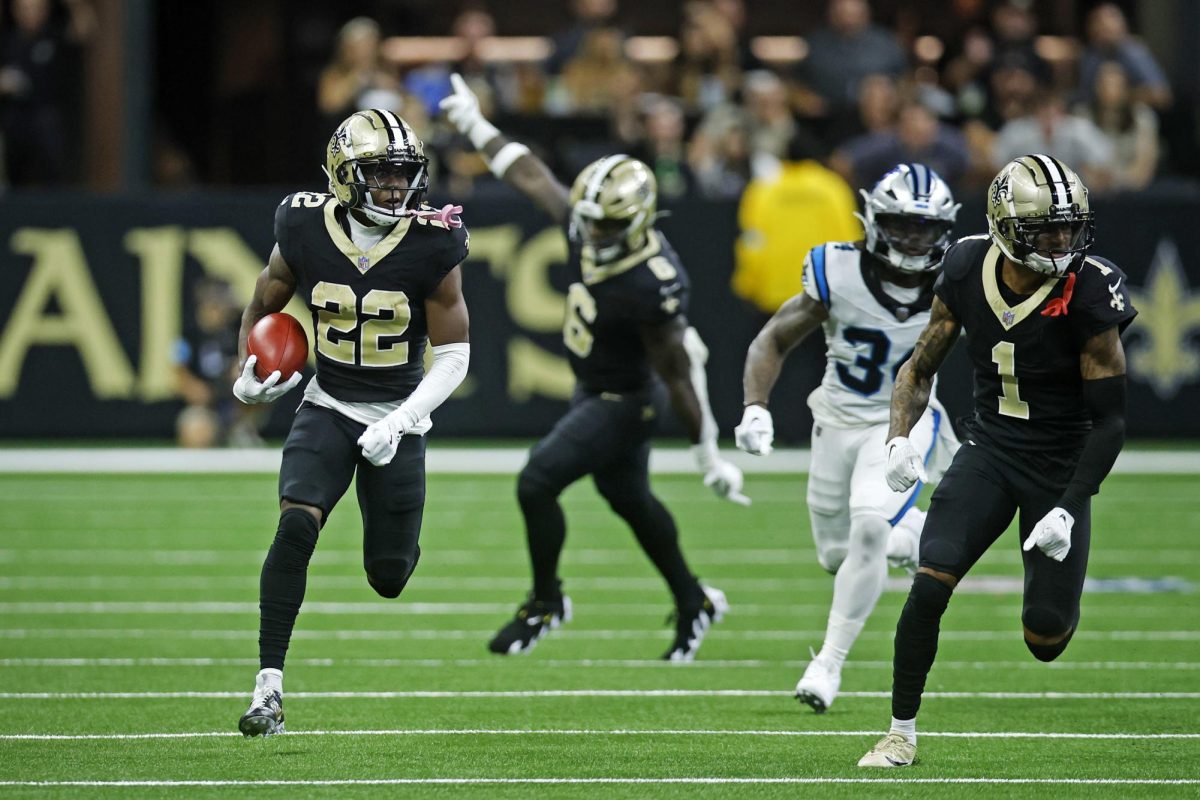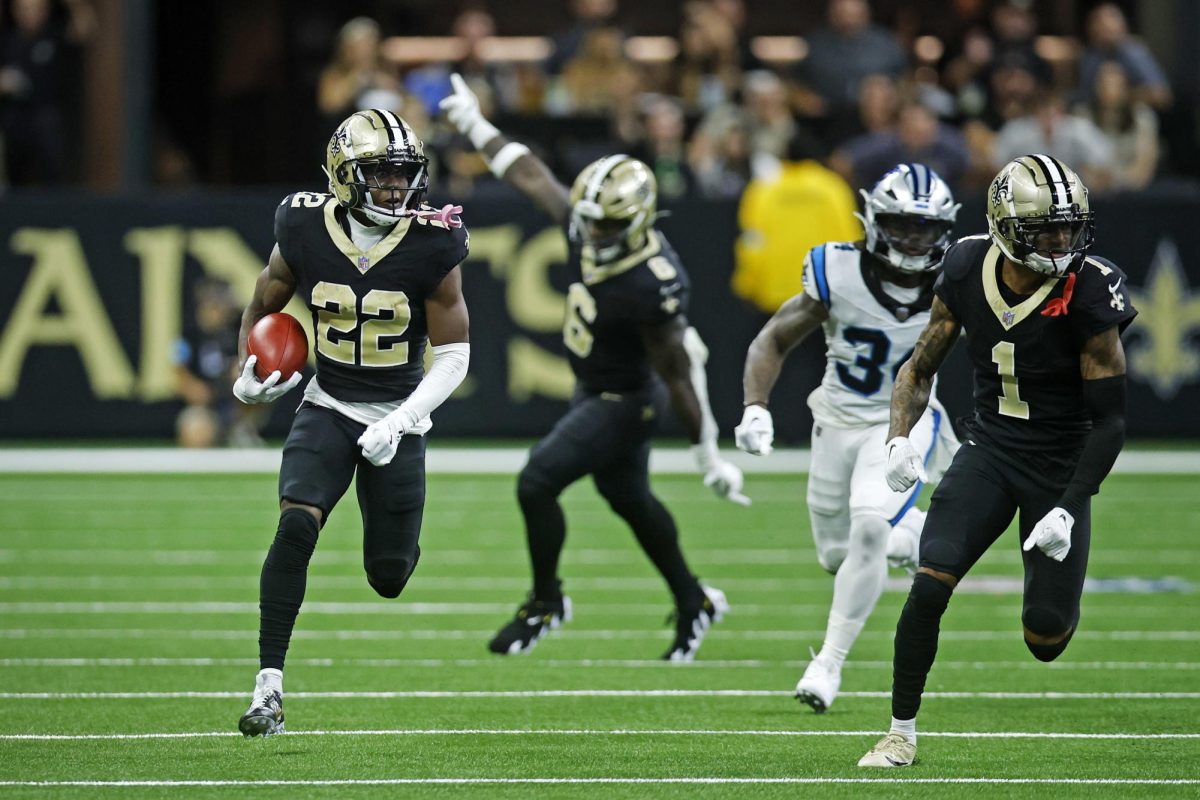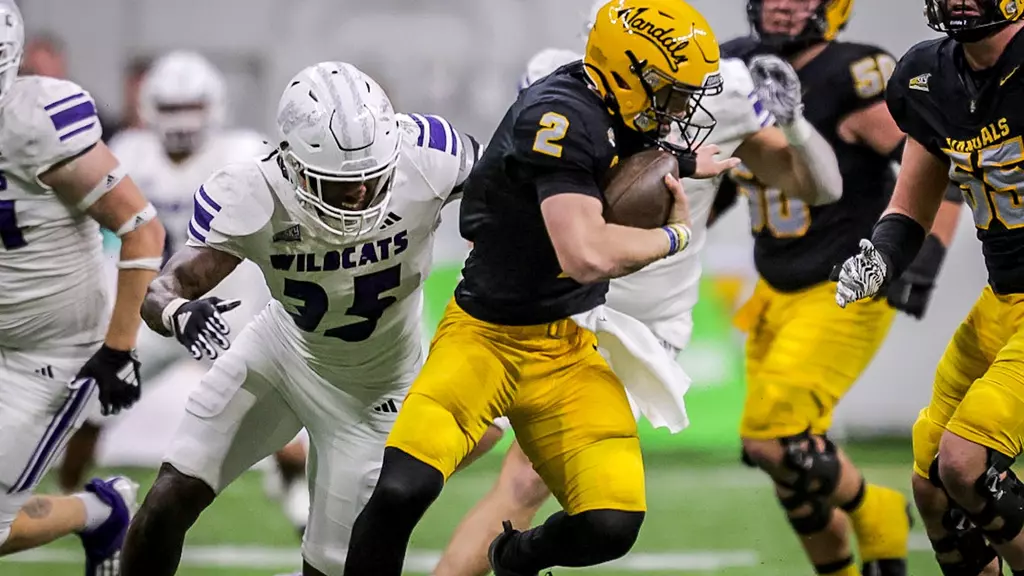In an era that makes it too risky to accept a candy bar from a stranger while being a college athlete, one former player decided that enough was enough.
Arian Foster, who is now a respected NFL running back for the Houston Texans, admitted last week to taking improper benefits as a student-athlete at the University of Tennessee.
This revelation comes at a time when receiving improper benefits as a college athlete is being argued the most. Throughout the history of college football, it has been widely recognized that it is wrong to be paid or compensated while participating as a student-athlete. However, the opposition has been growing in popularity over the last few years; we are starting to recognize that college athletics take a toll on players’ bodies and that it may be logical to pay these warriors.
“I don’t know if this will throw us into an NCAA investigation — my senior year, I was getting money on the side,” Foster said in his interview.
He also outwardly professed that he would not be convinced his actions were wrong. But were they? Should we shake our heads at a college athlete who did not have enough money to feed himself most days?
In this day and age, college students pay for books, housing, food and other basic living expenses. The average student will pick up a part-time job to help with these expenses. However, some students pick up “jobs” that don’t pay very well: college sports.
Most major college athletic programs do not allow their athletes to get jobs, as it will take away from their time devoted to their sport.
While I admit that most college athletes accept scholarships that pay for most, if not all, of these living expenses, there is always the exception.
“Then I walk back, and reality sets in,” Foster said. “I go to my dorm room, open my fridge, and there’s nothing in my fridge. Hold up, man. What just happened? Why don’t I have anything to show for what I just did?”
The main argument against paying college athletes for participating in sports deals with the fact that they are getting a free college education. But are all college athletes getting a free education?
If you are not familiar with the term “walk-on,” it is a college athlete who chooses to try out for a team even though they were not given a scholarship. Walk-ons are not given a free education. They must fend for themselves, like all of the other students who do not get their college experience paid for. While most walk-ons do not see much success in their college careers, there are a few examples of walk-ons who turn out to be a blessing in disguise.
Clay Matthews and J.J. Watt are some examples of walk-on players who exceeded all expectations. Matthews is now an all-pro linebacker for the Green Bay Packers, and Watt is an all-pro defensive lineman for the Houston Texans. Both players were not originally given a scholarship and had to pay their way through school.
While it is an amazing thing to receive a scholarship for a free education, most regular scholarship students are not out taking a beating six days a week. The ultimate question is always asked: Is it still a free education when your body is constantly at risk of injury or even death?
College sports are arguably just as punishing as professional sports. The intriguing thing is that professional athletes endure the same pain as college athletes, but earn millions of dollars per year on average. Professional athletes are also eligible for marketing deals and advertising contracts that pay a significant amount of money, while college athletes are not.
Personally, I do not know what side to take.
While I agree that college athletes are risking their lives for the mere chance of avoiding injury and making it to the pros, I also agree that college students benefit from the respected education they receive.
While nothing will happen to Foster for revealing this “shocking” information, the University of Tennessee might be subject to an NCAA investigation. It is always sad to see a current team get punished for a previous violation.
“Coach, we don’t have no food,” Foster recalled saying to his coach. “We don’t have no money. We’re hungry. Either you give us some food, or I’m gonna go do something stupid.”
I believe the argument comes down to this: How are we to ignore our basic human instincts to remain eligible and “fair” in the eyes of the NCAA? Personally, I would find it very hard to remain “eligible” also.



















